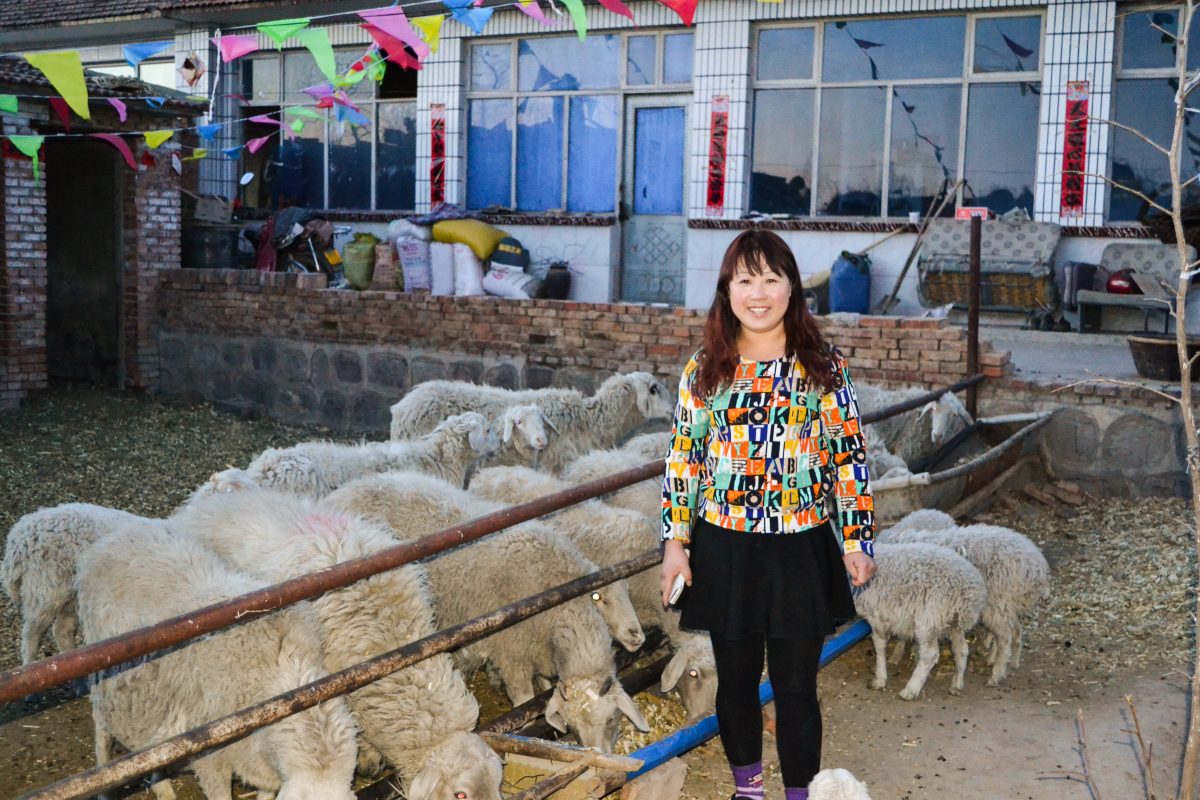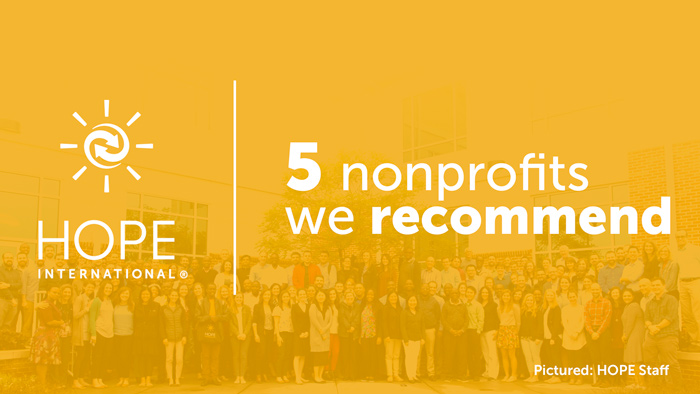by David Wills, President Emeritus, National Christian Foundation
In the 20 years I have served with the National Christian Foundation, I have been privileged to interact with some of the most generous people on the planet. Together, we have mobilized more than $10 billion in grants to more than 55,000 nonprofits.
But throughout my career, I also came to believe that not all giving is created equal. In its best form, generous Kingdom giving requires tremendous passion, effort, and intentionality, as well as great reliance on the Holy Spirit. In my time mobilizing generosity, I saw how easily Christians can miss some of the most impactful giving opportunities. If you sought my advice on how to impact the Kingdom through your generosity this holiday season and beyond, here’s what I would recommend you consider: Continue Reading…





















